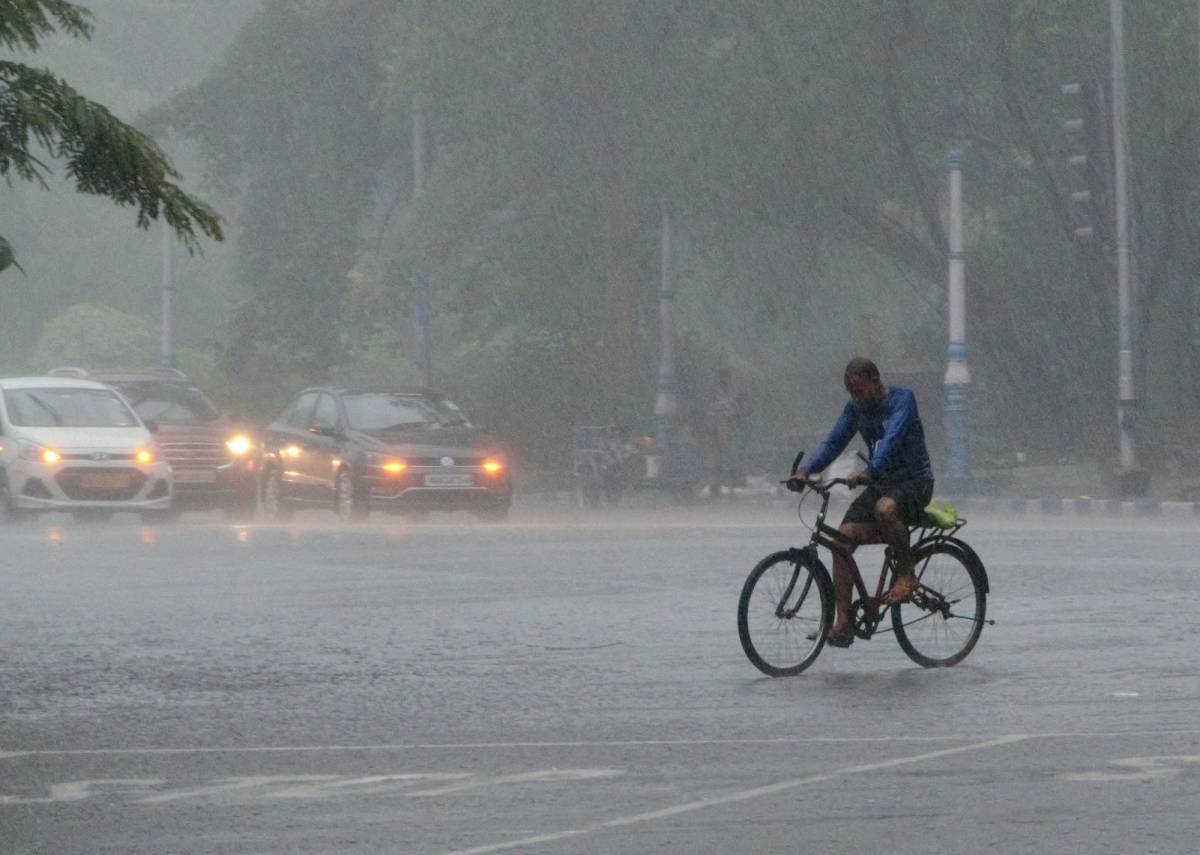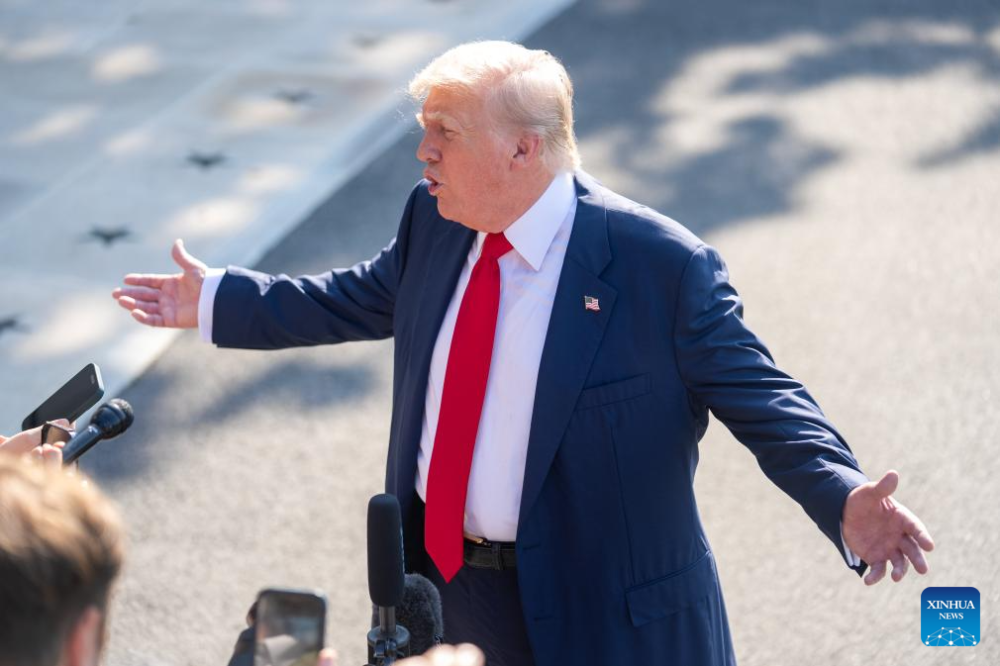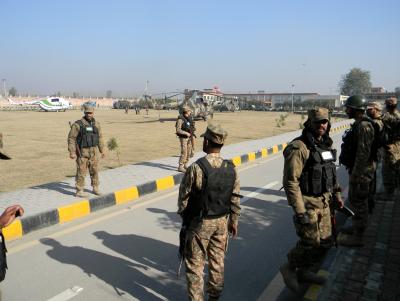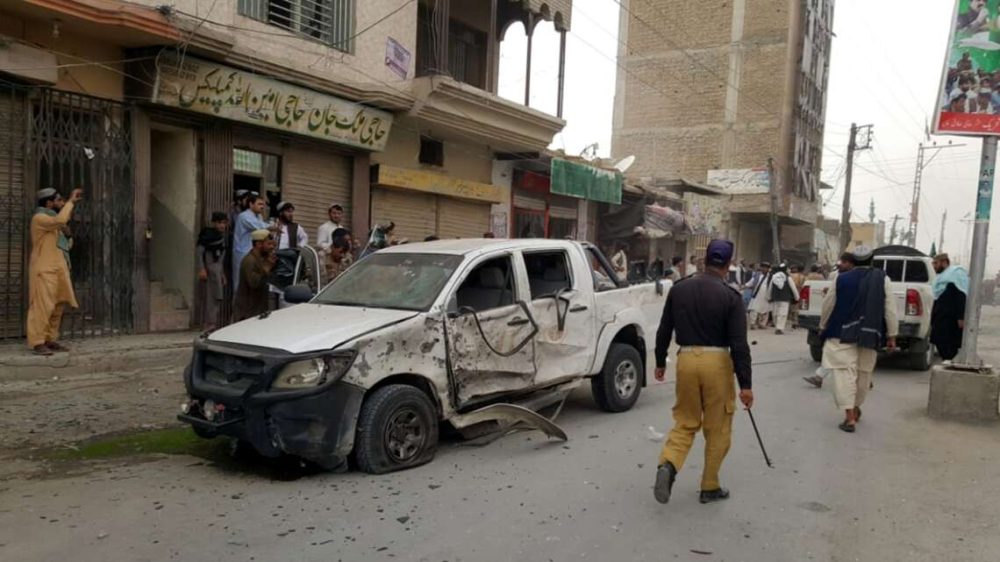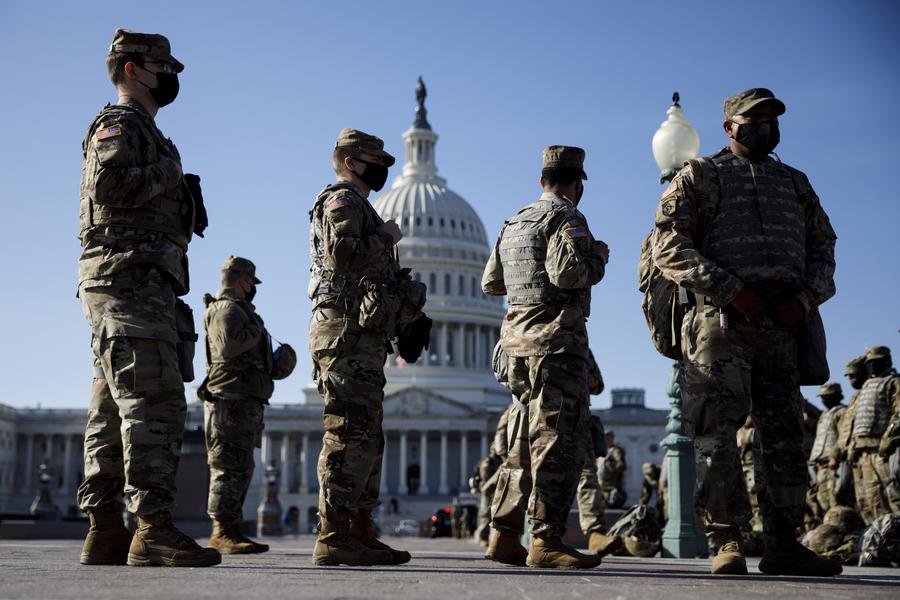A senior officer in the Army believes that such incidents about that great War need to be highlighted along with the gallantry and valour of our troops…reports Asian Lite News
While 2021 was celebrated as Swarnim Vijay Varsh or the 50th anniversary of the 1971 India-Pakistan War resulting in a crushing defeat for Pakistani forces and the Liberation of Bangladesh, 2022 can certainly commemorate how Indian armed forces upheld their ethos and traditions by punishing their own who fell out of line, even slightly, during the War.
Nearly 93,000 Pakistani troops surrendered and were held as Prisoners of War by India after the 13-day War. Though a large number of them, including officers, were involved in the genocide that took place in East Pakistan (now Bangladesh), not a single soldier was punished after the surrendered troops were returned to West Pakistan. That marks the difference between the armed forces of the two countries.
In India, one case that comes to mind is the punishment meted out to a young Captain in the Army who may have felt that he was doing nothing wrong in robbing a bank at Hajiganj in Bangladesh where he was posted in 1971. After all, it was December 11, 1971 and the bank could well have been treated as enemy property, the officer — who we will simply call Captain HU here — may have felt. A senior officer in the Army believes that such incidents about that great War need to be highlighted along with the gallantry and valour of our troops.
The officer entered the United Bank Ltd Comilla District, threatened the staff with bodily harm and made off with Rs 11,222.91 in Pakistani currency, some 12 bore guns and cartridges, a wall clock, a couple of telephone sets, pens, winter uniforms of bank staff as well as personal property of the manager and the security guard. From the manager, he took away a Romer Popular wrist watch and from the guard, Rs 6 in Pakistani currency.
Captain HU’s seniors did not take too kindly to this and a general court marshal was convened. On May 3, after the military court pronounced him guilty, the then general officer commanding (GOC) of the 23 Mountain Division noted: “It should be clearly borne in mind that our Forces had been ordered to march into Bangladesh as the liberators of the oppressed people who had been subjected to untold torture and miseries at the hands of Pakistani troops. It is, therefore, clear that our Forces had gone there as guardians and custodians of the lives and property of the people of that country. The conduct of the accused by indulging in broad day light bank robbery is despicable and his stooping so low as to deprive the security guard of the paltry sum of Rs 6 in Pakistani currency as also taking away wrist watch from the manager is indeed highly reprehensible. Such actions on the part of responsible officer of the Indian Army are calculated to bring a blot on the fair name of the Indian Army. It is, therefore, our imperative duty to ensure that such cases dealt with firmly when a verdict of guilty has been returned by the court.”
The military court ordered that the Captain be ‘cashiered’. This is a punishment every officer of the armed forces dreads. He is marched to the parade ground under guard and all his rank badges, ribbons and awards are torn off in the presence of all personnel. He is then made to leave the premises. His commanding officer, though, wasn’t satisfied with such a light sentence and insisted that the Captain serve two years of rigorous imprisonment as well. This order was confirmed by the then chief of Army staff Gen (later Field Marshal) SHFJ Manekshaw. It was Manekshaw who had told his troops to uphold the highest traditions of the Indian Army while conducting themselves in Bangladesh. The Captain challenged the order before the Supreme Court on technical grounds but his petition was rejected on November 27, 1972.
“Just as we celebrated Swarnim Vijay Varsh, we also need to celebrate such incidents. This will show the younger generation that the Indian Army doesn’t spare even its own in case of wrongdoing,” the serving officer said.





